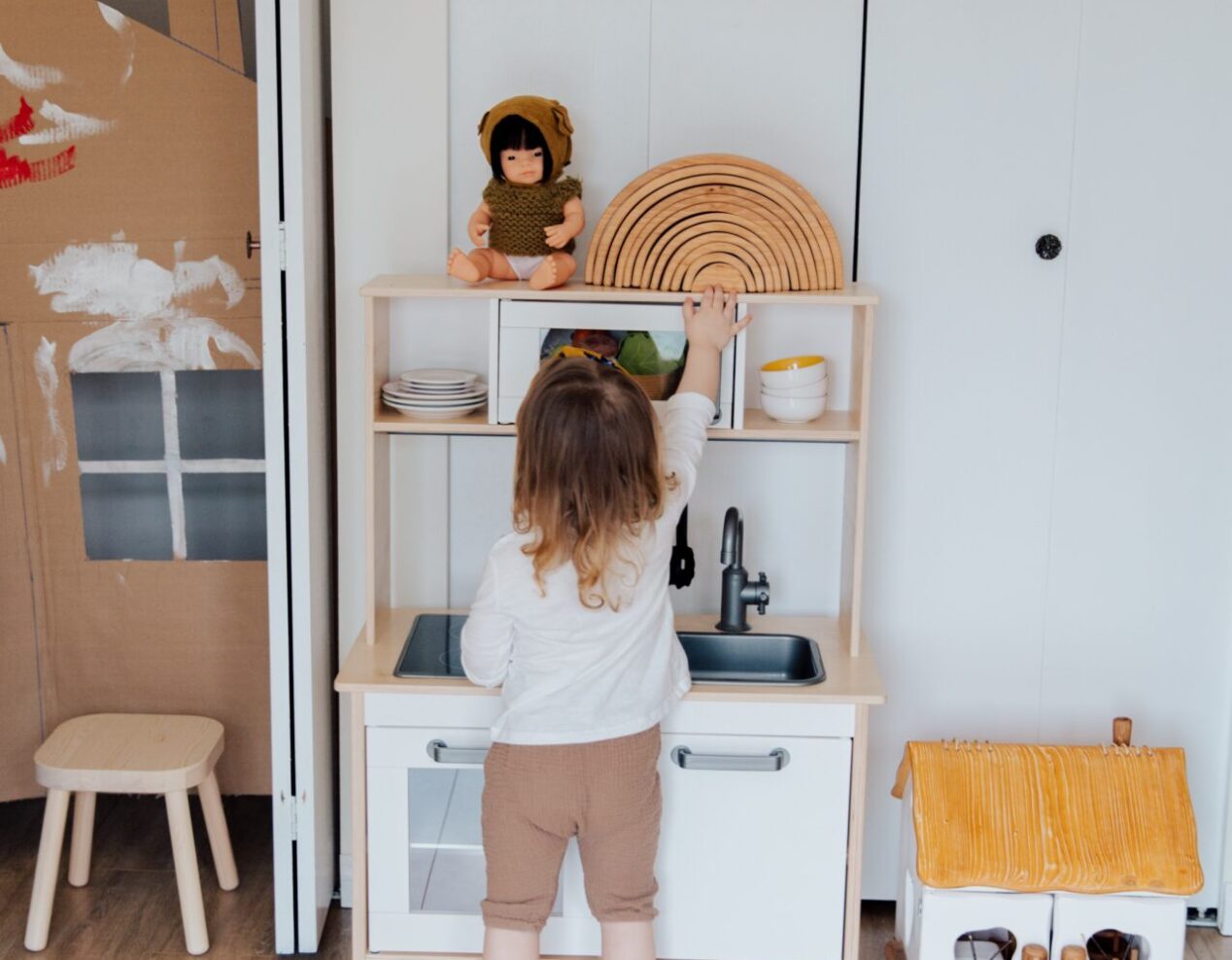Is your toddler prepared for turn-taking and sharing?

Instilling the value of sharing is a common objective for many parents. However, the concept of sharing often seems perplexing to children. The rules appear arbitrary, and it’s challenging to understand why some items are shared while others aren’t. This is why turn-taking, rather than sharing, becomes more relevant when dealing with two-year-olds.
Differentiating between turn-taking and sharing is crucial as it can determine the level of support a child needs during these stages of development.
How do turn-taking and sharing differ? Although turn-taking and sharing may seem similar, they represent different stages of social development. Turn-taking is the precursor to sharing and involves waiting for one’s turn to use a desired object. It’s a challenging task, not just for children but for adults too. By the age of two, children may be cognitively and developmentally ready to start taking turns, albeit with adult guidance and support.
Sharing, which involves a common goal and cooperation, is a more intricate process that usually begins around age four.
Guiding toddlers in sharing and taking turns Reserve special items as “non-negotiable” Before having guests, encourage the child to select a few cherished toys and keep them out of the sharing equation. This respects the child’s bond with these items and empowers them with a sense of control.
Set expectations about future events Providing a preview of what’s to come removes any surprises. For instance, telling a child, “You’re playing with the truck now. In three minutes, it will be Maria’s turn to play with it.”
Implement a visual timer A visual timer can be a useful tool for your child to understand when their turn ends.
Introduce turn-taking in daily activities Family making a fruit salad together. Consider introducing turn-taking during routine activities like making a salad, where everyone can take turns adding different ingredients.
Take a pause if needed If turn-taking becomes overwhelming, shift to an activity that offers more harmony. Sensory play, art activities, puzzles, or common tasks like decorating cupcakes allow everyone to participate simultaneously, fostering a sense of togetherness.
Engage in turn-taking activities Fun games and activities, like assembling a puzzle piece by piece, can promote turn-taking.
Understanding and practicing these tips can be a beneficial step towards teaching toddlers the skills of turn-taking and eventually sharing.



